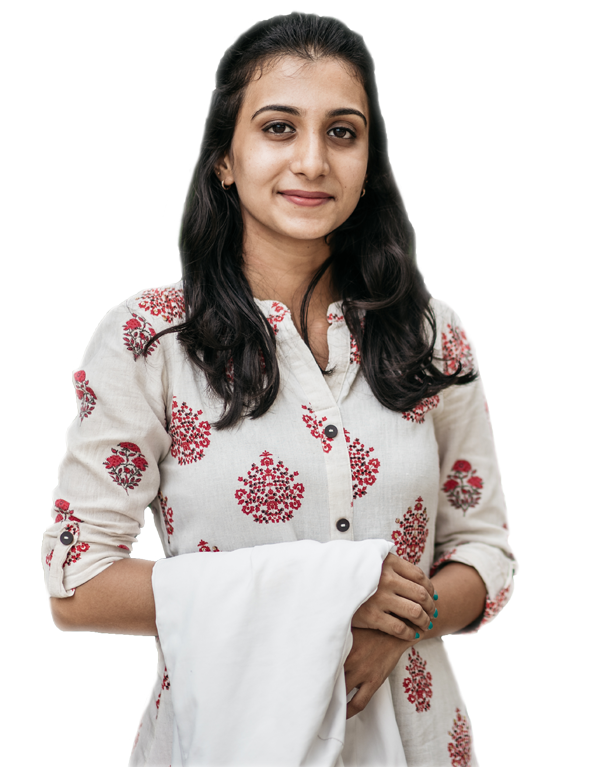
Eligibility
Pass in MBBS from a recognized medical college with permanent registration of any State Medical Council. Candidate should be NEET-PG qualified.
Admission to both General and NRI category seats in MD/MS is based on inter-se merit in NEET-PG.
Admission Procedure
In addition to the basic eligibility criteria mentioned above, students seeking admission to MD/MS program will be required to qualify in the National Eligibility cum Entrance Test, NEET-PG which will be conducted by the National Board of Examinations (NBE) generally in January each year. The responsibility of NBE is limited to the conduct of NEET-PG, declaration of the result and providing the result to MCC, DGHS, MoHFW for onward transmission to State Counselling Authorities. NBE has no role in counselling and allotment of seats.
Application form for NEET-PG can be submitted online through the website www.nbe.edu.in on notification. Students are advised to carefully read the Information Bulletin and keep the correct details ready, before submission of the form. Kindly visit www.mcc.nic.in after announcement of the NEET-PG results to know the procedure of counselling in Deemed/Central Universities.
The fee structure of MD/MS is made available on our website www.nitte.edu.in
Documents required for admission to MD/MS (Original + 3 attested copies)
- Admit card issued by NBE
- Result/rank letter issued by NBE
- NEET-PG allotment letter & score card
- SSLC or equivalent marks card or birth certificate
- MBBS degree marks cards of all years
- Internship completion certificate
- Provisional/MBBS degree certificate
- Medical Council Registration certificate
- Karnataka Medical Council Registration certificate (compulsory for all students)
- MCI recognition of MBBS degree
- Transfer certificate
- Conduct certificate
- Migration certificate
- Physically handicapped certificate issued by the authorized medical boards (if applicable)
- Physical fitness & blood group certificate
- PAN card copy of the parent and student
- Aadhaar card copy of the student
- For NRI category admission: NRI status proof (Passport copy, employment certificate, Residence proof, Income tax documents, Sponsorship letter of parent/sponsor)
- Photographs: Recent colour photo with white background, of resolution 300-600 dpi & size 35 mm x 45 mm (P.P size 5 Nos.) & size 20 mm x 25 mm (Stamp size 5 Nos.)
For any information regarding the admissions,mail us at: info@nitte.edu.in

Program Outcomes
At the end of the program, graduates will be able to...
- PO1: Apply principles of Public Health, Community Medicine and epidemiology to contribute towards formulating National Health Policies & Programmes with a systems approach for overall human development.
- PO2: Demonstrate conceptual (and applied) knowledge of communicable and non-communicable diseases, emerging and remerging diseases, their epidemiology, control and prevention.
- PO3: Apply the principles of epidemiology, bio-statistics and quantitative as well as qualitative health research methods for solving public health problems
- PO4: Demonstrate clinical skills of preparing case history, examination, provisional diagnosis, interpretation of laboratory findings and management in primary care settings.
- PO5: Conduct community surveys for assessment of health & morbidity profile, epidemiological determinants, assessment of health needs, disease surveillance, evaluation of health programmes and community diagnosis
- PO6: Conduct epidemic investigations, spot maps, predict disease trends, preparation of reports, planning and implementation of control measures
- PO7: Assess community communication needs; develop and use of appropriate Information, Education and Communication (IEC) material and conduct health education programmes in urban and rural settings
- PO8: Conduct dietary surveys, assessment of nutritional status, nutritive values of common food menus, detection of food adulterants, use of lactometer, recording and interpretation of growth and development charts.
- PO9: Identify different types of insect vectors, detect vector breeding places and implement appropriate methods of vector control.
- PO10: Conduct clinical screening of various diseases and organize community health camps involving community participation in urban and rural settings.
- PO11: Conduct tests and procedures for assessment water quality and provisioning of safe drinking water
- PO12: Use and apply various instruments and processes concerned with environmental health and biological waste management
- PO13: Describe the working of Primary Health Care system, Panchayat Raj system, National HealthProgrammes, urban/rural differences, RCH, Demography and Family Welfare.
- PO14: Demonstrate effective skills of spoken and written communication with patients, professional peers and students.
- PO15: Function as a part of a multi-disciplinary team in promoting individual and community health.


